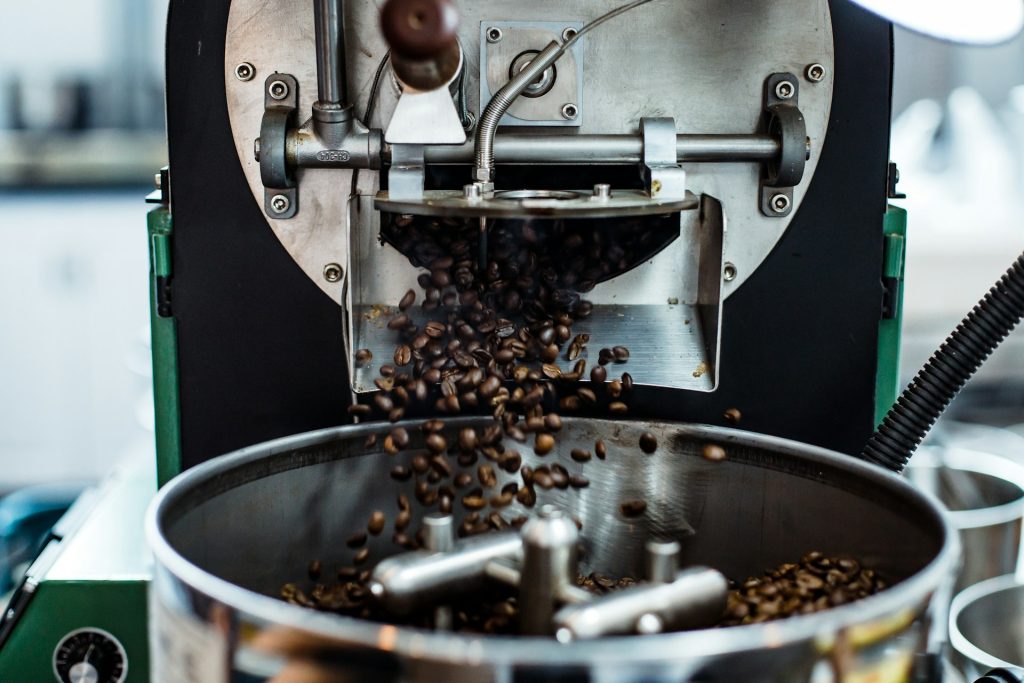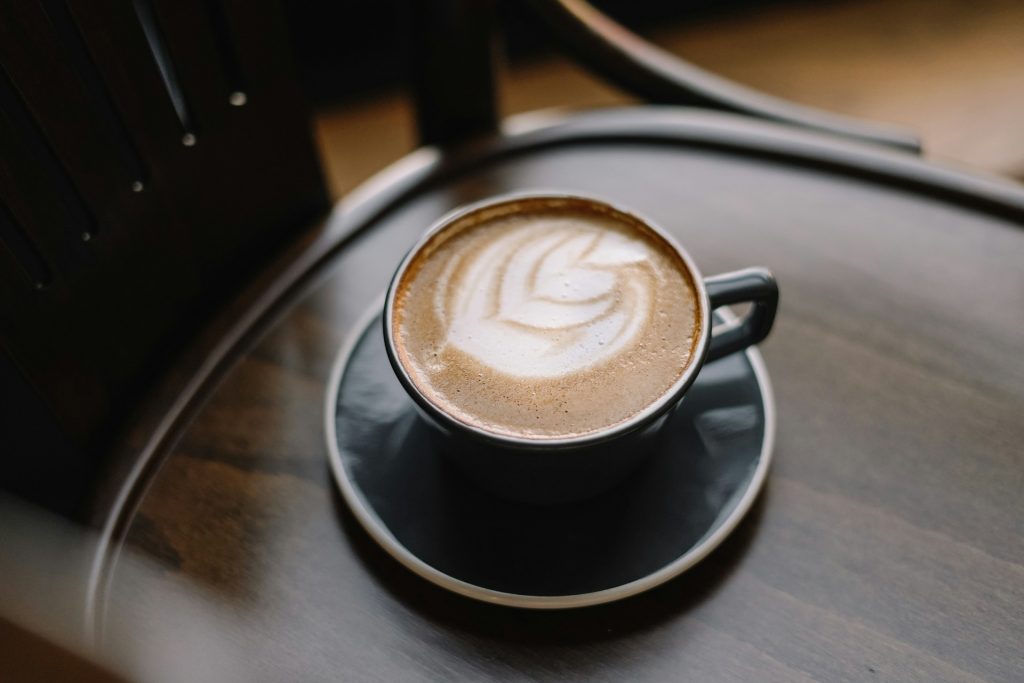Table of Contents
Your morning coffee ritual might be harming the planet more than you think. 🌍☕
The Coffee Cup Conundrum
We all love our daily caffeine fix, but have you ever stopped to consider the environmental cost of that disposable cup in your hand? The numbers are staggering. Globally, we use a whopping 16 billion disposable coffee cups each year.
Most of these end up in landfills or oceans, with a single paper cup taking up to 20 years to decompose. That’s a lot of waste for a few minutes of convenience!

The Hidden Truth About Disposable Cups
You might think paper cups are eco-friendly, but here’s the shocking reality: Most paper cups are lined with plastic, making them non-recyclable.
The production process releases harmful chemicals into the environment, and trees are cut down to make these single-use items. The convenience of disposable cups comes at a hefty environmental price. But what’s the alternative?
Reusable Cups: Your Eco-Friendly Superhero
Enter the reusable cup – your new best friend in the fight against waste. Here’s why they’re a game-changer: A single reusable cup can replace hundreds of disposable ones.
Many coffee shops offer discounts for bringing your own cup, and they keep your drink hot (or cold) for longer. It’s a win-win for your wallet and the planet!
The Numbers Don’t Lie
Let’s break it down: Using a reusable cup just once a week for a year saves 23 lbs of waste. If everyone in the US did this, we’d save 7 billion disposable cups annually.
The energy saved could power 100,000 homes for a year. That’s the power of small changes multiplied across millions of people!
But What About Convenience?
We get it – disposable cups are easy. But reusable cups have come a long way. There are now collapsible cups that fit in your pocket, cups with built-in coffee presses for on-the-go brewing, and even smart cups that keep your coffee at the perfect temperature.
These innovations make it easier than ever to ditch disposables without sacrificing convenience.

The Coffee Shop Revolution
Coffee shops are getting on board too. Many now offer discounts for bringing your own cup, cup lending schemes, and in-house reusable cup options. Some cafes have even gone completely disposable-free. The tide is turning, and you can be part of this positive change.
DIY Coffee: The Ultimate Eco-Friendly Option
Want to take it a step further? Making coffee at home is the most environmentally friendly option. You’ll produce zero waste from disposable cups, have complete control over your ingredients, and save a significant amount of money over time. The Ripple Effect
Your choice of coffee cup has far-reaching consequences. Reduced demand for disposables leads to less production. Less plastic in our oceans means healthier marine life.
Lower carbon emissions from manufacturing and transportation contribute to a healthier planet. One small change in your daily routine can create a significant positive impact on the environment.
Beyond Coffee: The Bigger Picture
The reusable vs. disposable debate extends beyond just coffee cups. Think about water bottles, shopping bags, and food containers.
By embracing reusables in all aspects of life, you’re contributing to a more sustainable future. Every small choice adds up to big changes over time.

Making the Switch: Your Step-by-Step Guide
Ready to make a change? Here’s how to get started: First, invest in a quality reusable cup. Keep it in your bag or car for easy access. Rinse it out after use (most cafes will do this for you). Finally, spread the word to friends and family. Remember, every disposable cup you don’t use is a win for the environment.
The Future of Coffee Consumption
As awareness grows, we’re seeing exciting developments in the world of sustainable coffee consumption.
Biodegradable cup materials are being developed, advanced recycling technologies are emerging, and coffee shops are pioneering zero-waste practices. The future of coffee looks greener, and you can be at the forefront of this change.
The Economics of Reusable Cups
Let’s talk about money – because who doesn’t love saving some cash? Switching to a reusable cup isn’t just good for the planet; it’s great for your wallet too. Many coffee shops offer discounts for bringing your own cup, typically ranging from 10 to 50 cents per drink. It might not sound like much, but it adds up fast.
Let’s do the math: If you buy a coffee every workday and save 25 cents each time, that’s $65 a year.
Over five years, you’ve saved $325 – enough for a fancy espresso machine or a weekend getaway! And that’s just the direct savings. Factor in the reduced environmental cost, and the value of your switch skyrockets.
The Psychology of Sustainable Habits
Switching to a reusable cup isn’t just about the cup – it’s about rewiring our brains for sustainability. Psychology plays a huge role in forming new habits, and understanding this can make your transition to reusable cups smoother and more lasting.
First, let’s talk about the power of visual cues. Keeping your reusable cup visible – on your desk, by the door, or in your car – serves as a constant reminder of your commitment to sustainability. This visual prompt can help override the automatic impulse to grab a disposable cup.

Your Coffee, Your Choice
The power is in your hands. Every time you reach for a coffee, you’re making a choice that affects the planet. By opting for a reusable cup, you’re not just enjoying your favorite brew – you’re being part of the solution. So, next time you’re craving that caffeine hit, ask yourself: disposable or reusable? Your choice matters more than you think.
Join the Movement
Ready to make a difference? Share this post and challenge your friends to go reusable. Together, we can create a wave of change, one cup at a time. Remember, great coffee doesn’t have to cost the Earth. Make the switch today and sip sustainably!

I’m Audrey, a dedicated mother of teenagers with an insatiable love for coffee. On BeanBrewLove.com, I intertwine my need for caffeine with reflections on life. Whether expressing a nostalgic sentiment or injecting a hint of sarcasm, my blog is a reservoir of coffee culture, brewing techniques, and global coffee reviews.




